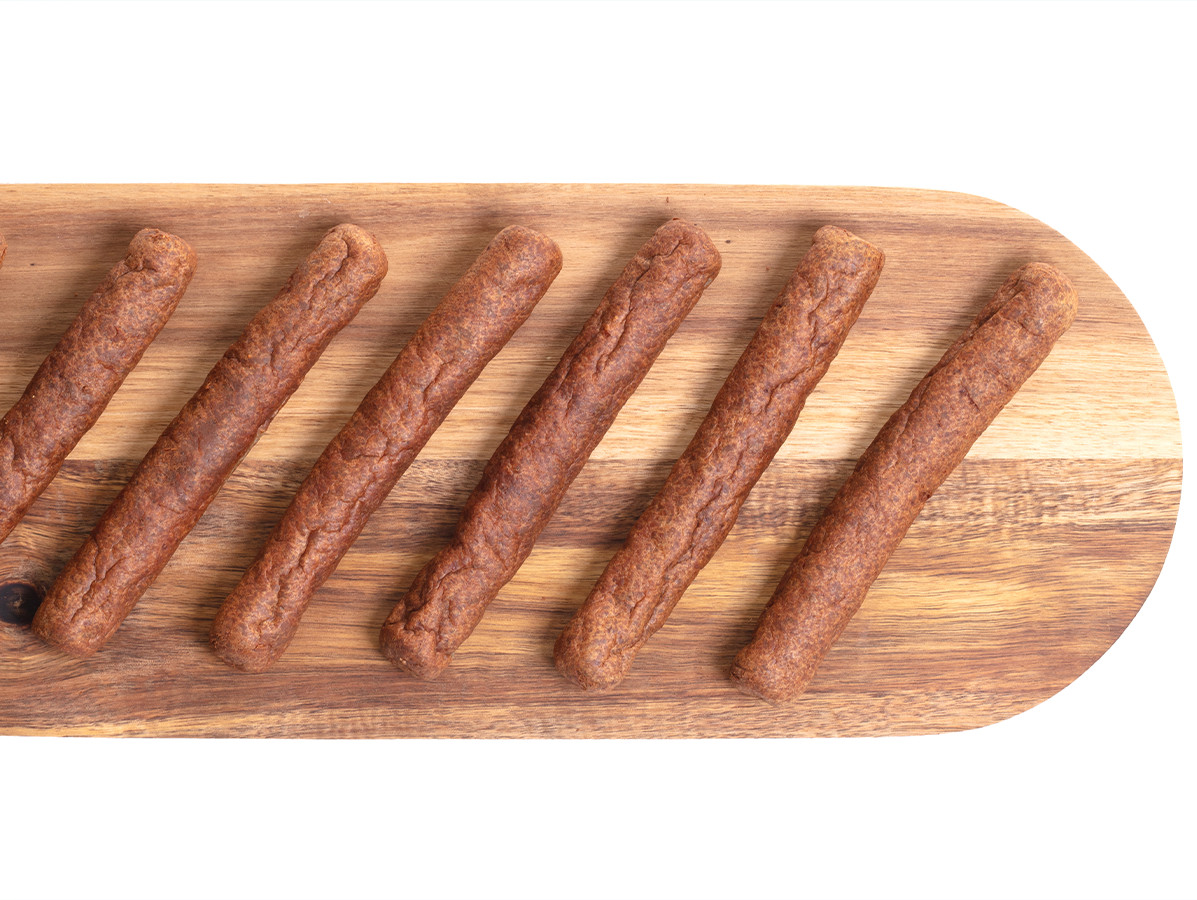
A new opinion poll commissioned by Foodwatch shows that 72% of consumers do not know what mechanically separated meat (MSM) is. 74% of respondents do not know which products contain MSM. Foodwatch claims that the State is not clear about the traceability and processing of this meat.
Mechanically separated meat is meat mass obtained from the carcasses of slaughtered animals. Mainly poultry, sometimes pigs. MSM is mechanically separated from the remains of the bones using a low or high pressure machine. The high-pressure MSM has such a fine structure that it becomes a kind of meat paste. Eventually, it ends up in products such as frikandels and chicken nuggets. Much of it is also processed in animal feed.
Foodwatch indicates that the lack of insight into mechanically separated meat is not the fault of the consumer: according to foodwatch, the Dutch Food and Consumer Product Safety Authority (NVWA) and the Ministry of Public Health are also unable to say exactly what is going on. The State does not have a proper insight into who produces, where, how much MSM is processed and distributed, and how much MSM is present and consumed in the Netherlands.
MSM may be more sensitive to bacterial contamination. In addition, MSM can be sold (at a higher price) as fresh or quality meat without any indication on the label.
In response to the opinion poll conducted by foodwatch, 94% of consumers said that they thought it was important to change this situation. Foodwatch has sent a letter to the Dutch government requesting clarification and demanding full transparency and proof that the Netherlands complies with food safety legislation.
Source: Foodwatch